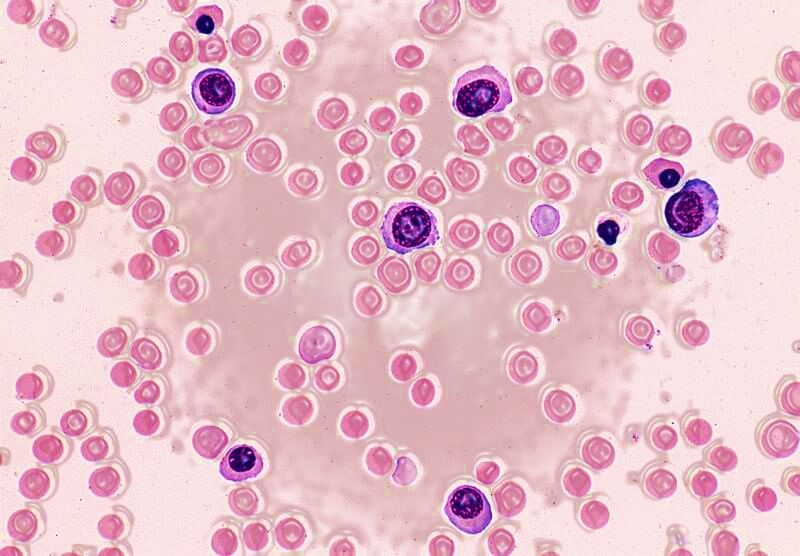Synonym: Febrile Neutropenia Definition of Neutropenic Fever Fever: Single oral temperature ≥ 38.3 °c (101 °F) or ≥ 38 °c (100.4 °F) sustained over 1 hour Neutropenia: Absolute Neutrophil Count (ANC) <500 cells/cu.mm or ANC expected to fall <500/cu.mm in next 48 hours Profound neutropenia: ANC <100/cu.mm Prolonged neutropenia: Neutropenia for >7 days…
Tag: Internal medicine
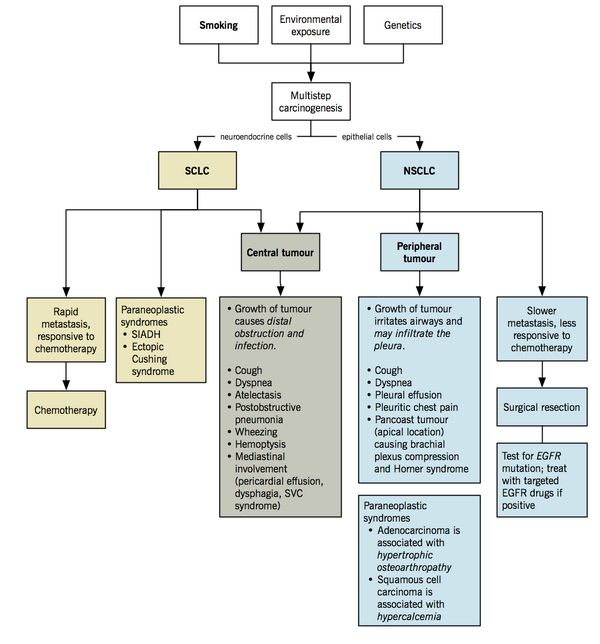
Bronchogenic Carcinoma Etiopathogenesis
INCIDENCE Male > Female Age group: 50-75 years Second highest cancer in both sexes after prostate (male) and breast (female) Smokers > Non-smokers ETIOLOGY OF LUNG CANCER A. Cigarette smoking: Smoking is the single most important risk factor for lung cancer, which can cause all types of lung cancer but…
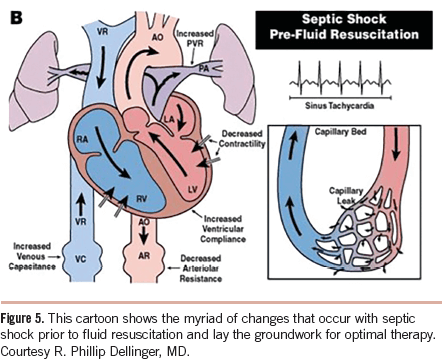
Septic Shock Fluid Resuscitation
Endpoints of resuscitation MAP: > or = 65 mmHg Urine output: > 0.5 ml/kg/hr; despite ↓RBF (Renal Blood Flow) it can be normal due to – Atrial natriuretic factor are elevated in sepsis Hypoproteinemia in sepsis – low plasma colloid osmotic pressure is less able to facilitate oncotic reabsorption. CVP:…
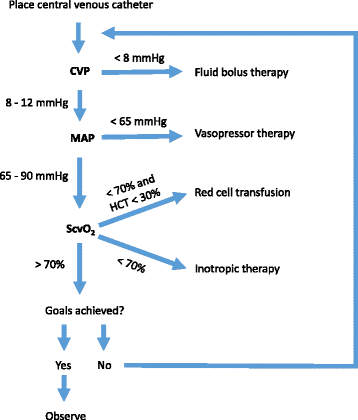
Is there no role of Early Goal Directed Therapy (EGDT) in Sepsis and Septic shock?
International Surviving Sepsis Campaign has recommended Early Goal Directed Therapy for the management of severe sepsis and septic shock. Recently, three large multicenter studies – the ProCESS (Protocolized Care for Early Septic Shock), ARISE (Australasian Resuscitation In Sepsis Evaluation), and ProMISe (Protocolized Management In Sepsis) demonstrated no difference in the…
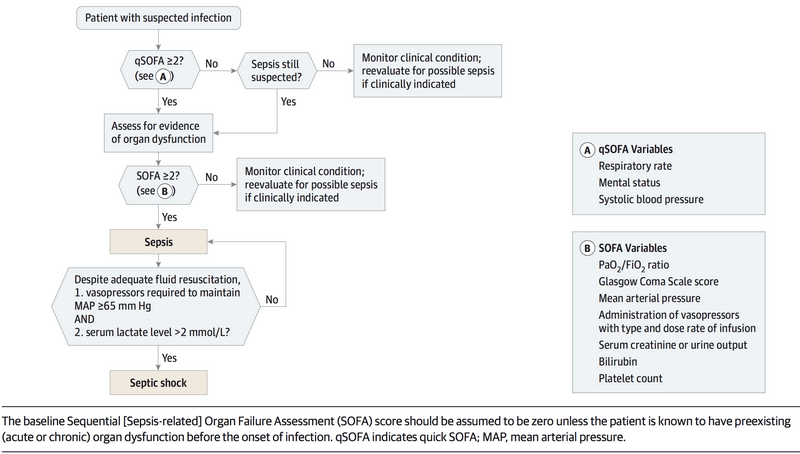
Understanding New Definition of Sepsis (Sepsis-3)
The Sepsis-2 definition used SIRS criteria and the term “Severe sepsis” which has been recently eliminated by the Sepsis-3. The new sepsis definitions recommend using a change in baseline of the total SOFA score of two or more points to represent organ dysfunction. New Definition of Sepsis and Septic Shock…
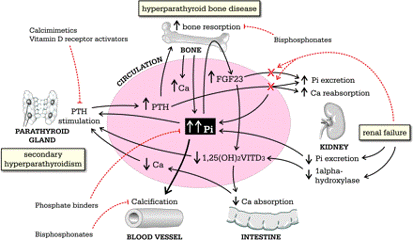
Complications of Long Term Dialysis
A) Cardiovascular complications 1. Exacerbation or Precipitation of CHF – Voluminous AV Fistula AV shunting → Decreased TPR → BP fall → Sympathetic stimulation & RAAS activation → Ventricular remodeling → Heart failure Several studies have investigated the cut-off fistula access flow that is associated with a higher risk of high-output cardiac failure, with results ranging…

Multiple Myeloma : Quick Approach
Plasma cell dyscrasia refers to an abnormal proliferation of plasma cells that usually secrete a monoclonal immunoglobulin. A) CLINICAL FEATURES Features vary among various conditions: Mnemonic: CRAB Infection 1. Calcium increased: Hypercalcemia Nephrocalcinosis and
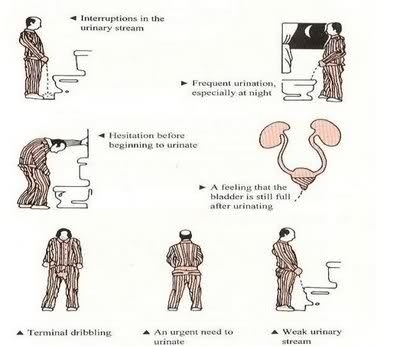
Mnemonic based approach to grading and planning treatment for BPH
MNEMONIC: FUNWISE During the last 1 month, how often/many times you had to – 1. Frequency: Urinate again <2 hours after you finished urinating ? 2. Urgency: Difficulty in postponing the urine ? 3. Nocturia: Get up to urinate from bedtime to wakeup ? 4. Weak stream: Weak urinary stream…
